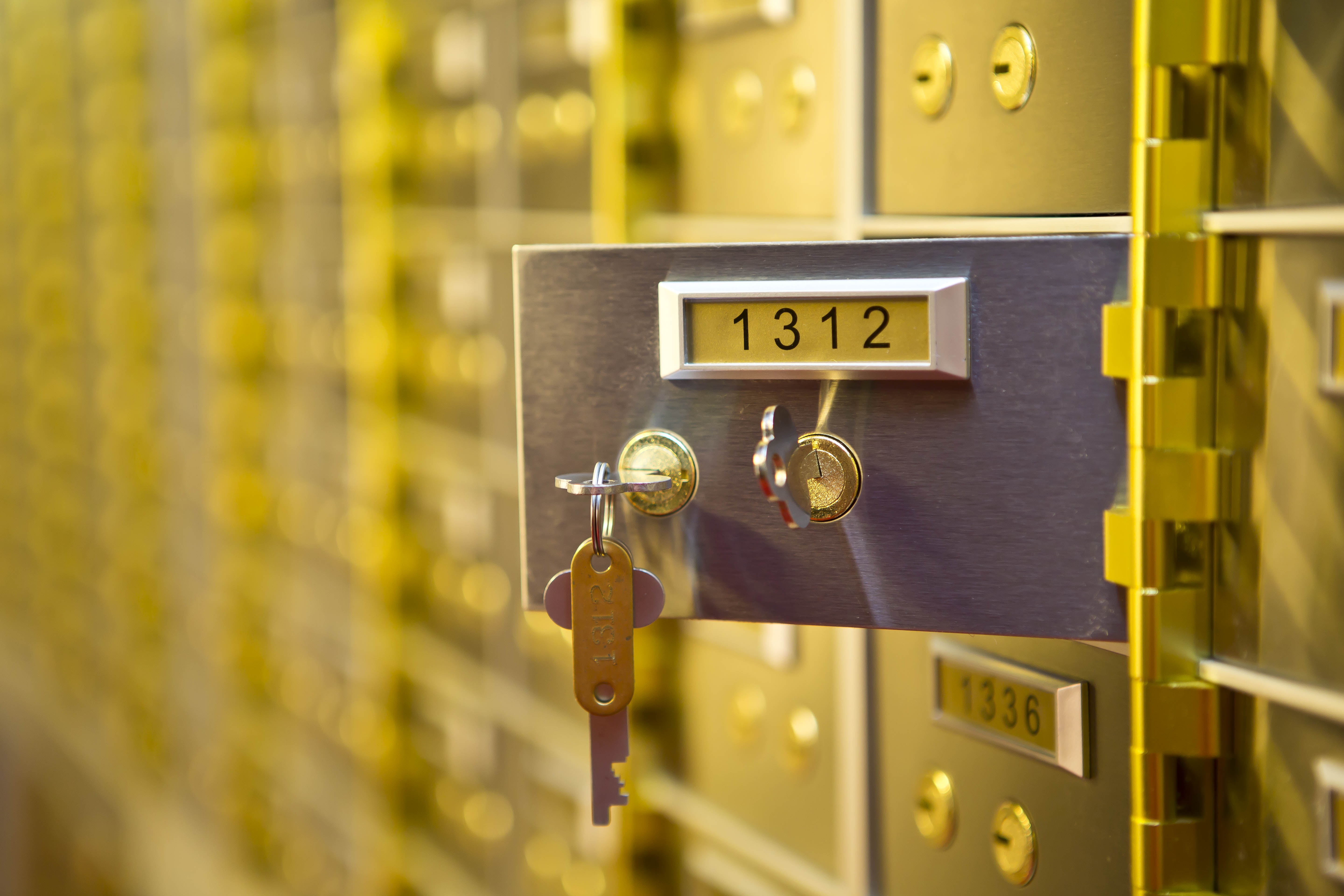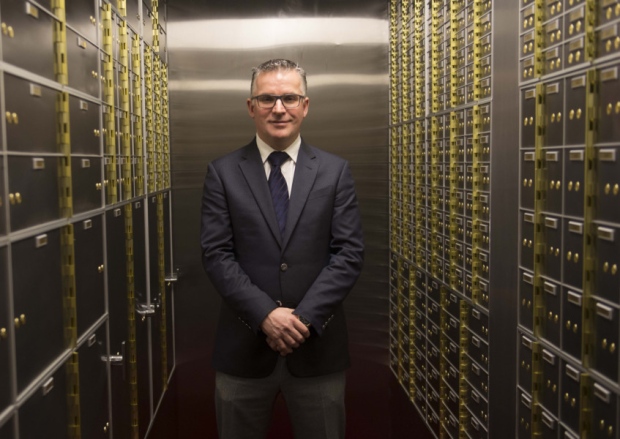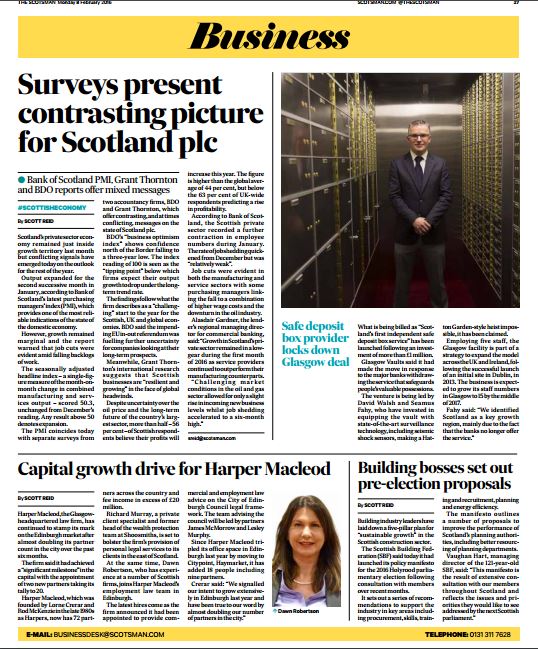Co-founder Seamus Fahy interviewed on Sky News about Brexit
Seamus Fahy talks to RTE about impact of Brexit on the business
Co-founder Seamus Fahy talks to RTE about impact of Brexit on demand for Safe Deposit
Boxes and Gold Bullion
Increase in Safe Deposit Box & Gold Bullion demand
Seamus Fahy, Co-founder of Merrion Vaults on Sky News discussing increase in Safe Deposit Box & Gold Bullion demand due to Brexit.
Impact of Brexit on demand for Safe Deposit Boxes and Gold Bullion
Co-Founder of Merrion Vaults live on UTV discussing impact of Brexit on demand for Safe Deposit Boxes and Gold Bullion. December 2018.
Which is Better…. A Home Safe or a Safe Deposit Box?
If you have valuables or irreplaceable items you need to keep safe and secure, what is the best option for you? Whether it’s cash, jewellery, gold bullion or just important paperwork you need to keep safe, there are a number of things you should consider when deciding between a home safe or a safe deposit box.
1. A Safe Deposit Box is better value. A small, mid-range home safe will cost approx. £1,000-£1,500 (before fitting costs) – whereas a safe deposit box starts at only £150 per year – giving you over 5 years total safety and security, with 7 day access for less than the cost of the home safe.
2. A Safe Deposit Box will offer better protection from fire. The aforementioned home safe would have a fire rating of Grade 1, this will only offer protection from fire for 30 minutes whereas the safe deposit box in this instance is in a Grade 8 vault, offering a hugely increased fire and security rating.
3. A Safe Deposit box offers much more protection from thieves. People believe they can ‘hide’ their home safe from thieves and burglars. The latest research and expertise from the police proves this is rarely the case. Burglars are now breaking into homes complete with handheld metal detectors (easily available to buy online) – they can then ‘sweep’ the entire property in 5-10mins and will almost always find the ‘hidden’ safe. Thieves will then cause major destruction to property in removing these home safes. It is also worth bearing in mind that if they cannot remove the safe, they may then wait until such time as the homeowner or family is actually in the home, to return and under use or threat of violence make the homeowner comply with their demands to open the safe.
4. Home Safes are notoriously easy to ‘crack’ open. All one has to do is watch an episode of ‘Storage Wars’ on TV, or many other similar TV shows, to see just how easy it is to open a home safe. Alternatively, a quick google search of ‘how to crack a home safe’ returns findings of over 7 million results! (a lot with videos). Safe Deposit Boxes however, are housed within a secure vault, which is practically impossible to open.
5. You can save money on home insurance with the use of a Safe Deposit Box. If you have a home safe, your valuables will still be included in your home insurance – which means you will still be paying for their cover – especially if they are ‘specified items’. When you rent a safe deposit box you can remove these ‘specified items’ from your home insurance policy therefore lowering your premium.
While there are many more advantages to having a safe deposit box over a home safe, it is worth pointing out that any additional security measures you take with your valuables at home will normally be justified. For more information on renting your own private safe deposit box contact [email protected] or call: Call: 0115 857 2640
Safe deposit box provider locks down Glasgow deal
What is being billed as “Scotland’s first independent safe deposit box service” has been launched following an investment of more than £1 million.
Glasgow Vaults said it had made the move in response to the major banks withdrawing the service that safeguards people’s valuable possessions
The venture is being led by David Walsh and Seamus Fahy, who have invested in equipping the vault with state-of-the-art surveillance technology, including seismic shock sensors, making a Hatton Garden-style heist impossible, it has been claimed.
Employing five staff, the Glasgow facility is part of a strategy to expand the model across the UK and Ireland, following the successful launch of an initial site in Dublin, in 2013. The business is expected to grow its staff numbers in Glasgow to 15 by the middle of 2017.
Fahy said: “We identified Scotland as a key growth region, mainly due to the fact that the banks no longer offer the service.”







